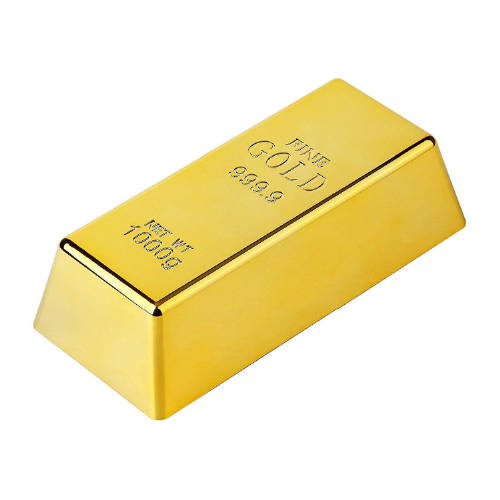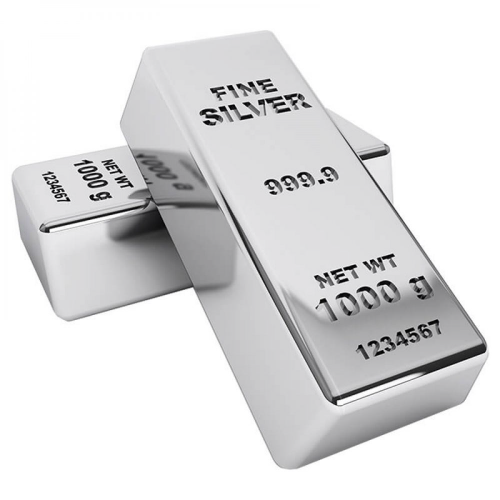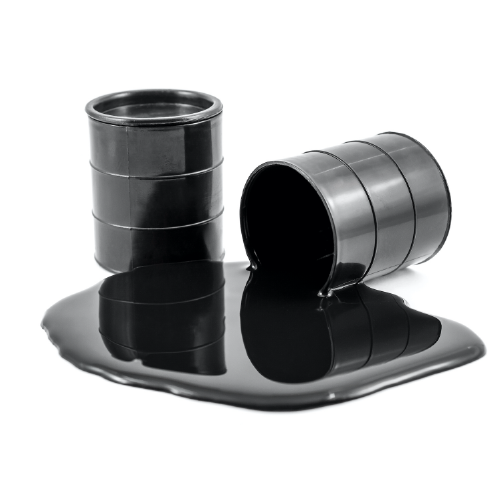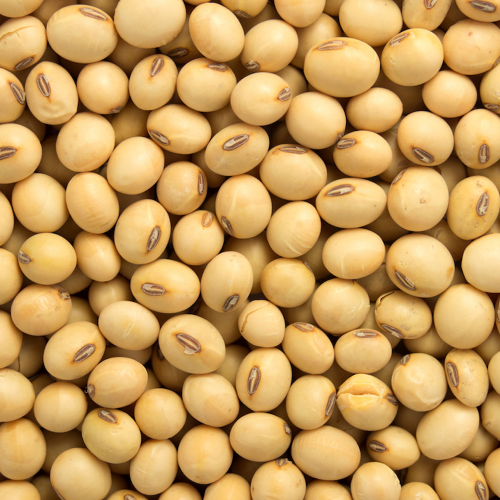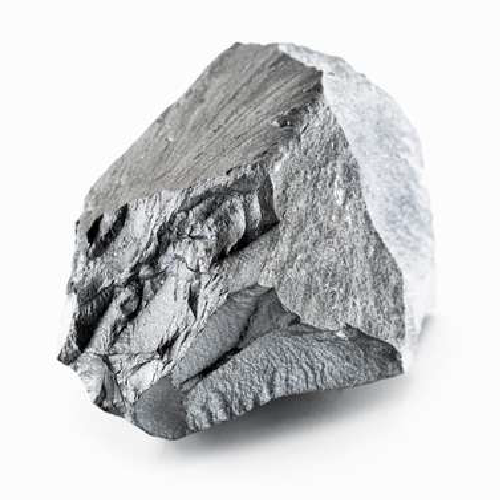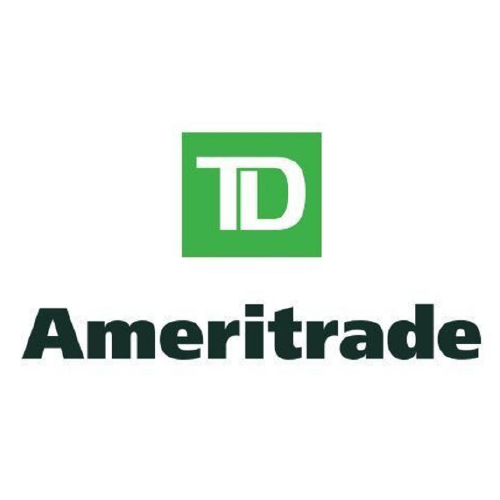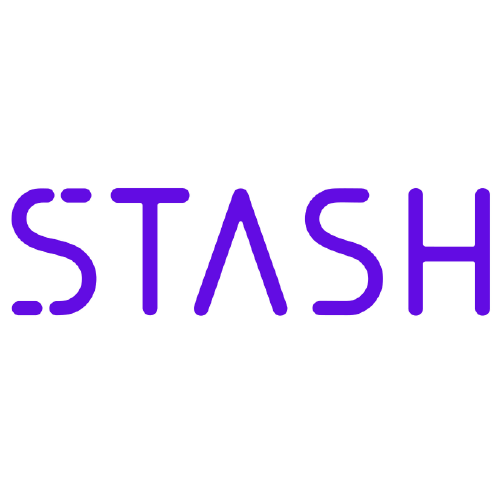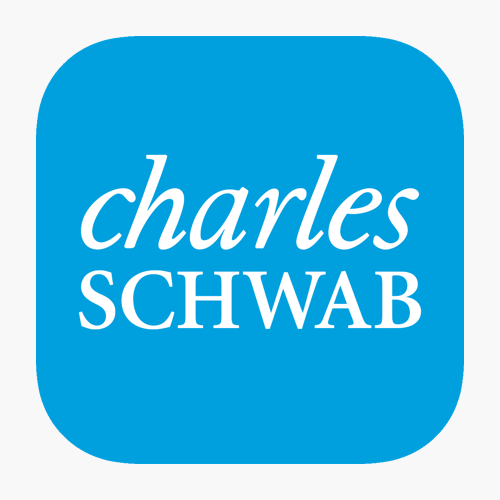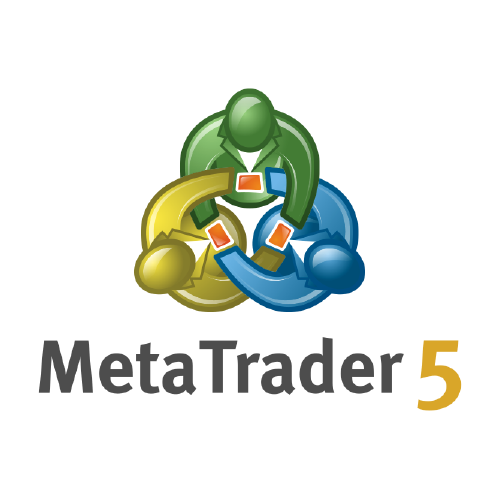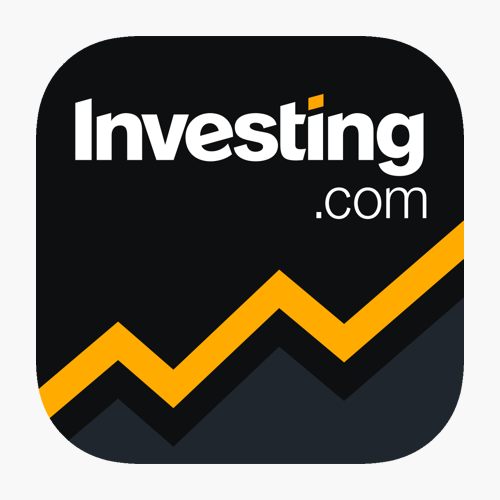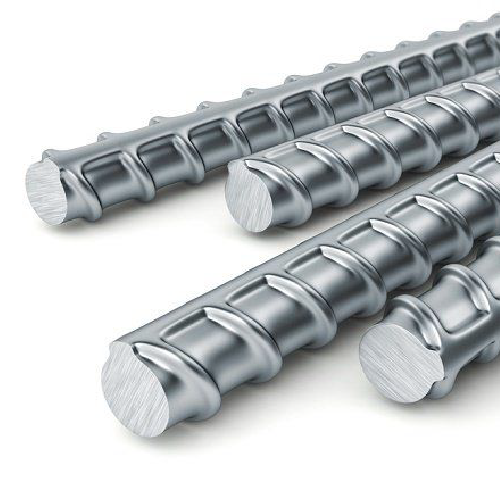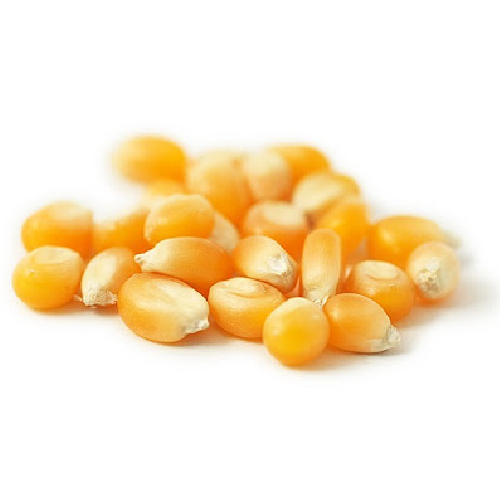
Commodities Trading
Commodity trading is the buying, selling and trading of commodities. A commodity derivative contract like futures and options derives its value from the underlying asset i.e. commodity. The underlying commodities are raw materials or primary goods such as wheat, gold, crude oil, etc.
What is commodity trading and how does it work?
How does commodity trading work?
Do commodity traders make money?
What are the types of commodities?
The Best Trading Platforms
Let’s take a look at the best trading to earn more.
1. Liteforex
Best for: Learning from others
Liteforex is one of the most popular online reliable brokers over the world. Over the past 15 years, it has developed a strong reputation for beginners and experienced investors alike, has a minimum $100 deposit.
The Liteforex app aims to use easy for every clients. It is available on Google Play and the App Store and allows you to move seamlessly between devices.
It’s innovative features include:
- Pre-programmed one-click trading
- Copy Trader – Copy the trades of others in real-time
- Its own social networking platform
- Pre provided investment strategies which they call Copy Portfolios
The app boasts the ability to allow you to place online trades even if the trading platform is down.
The information is being presented without consideration of the investment objectives, risk tolerance, or financial circumstances of any specific investor and might not be suitable for all investors.
2. FXTM
The FXTM Platform itself is intuitive and easy to use, suitable for those just getting into trading and those more experienced alike.
It is designed to offer a full replication of an institutional trading environment including depth of market.
With advanced risk management and order functionality, this is a detailed platform for trading stocks.
The FXTM app offers a premium range of order types, with advanced technical analysis tools.
You can set up push and email notifications for the important things that you want to know in relation to your stock trading needs – such as price alerts and trade statistics.
Within the app, you can:
- Complete a range of order types
- Work with all your accounts in one app
- Understand detailed trade analysis
- Review detailed order tickets – base currency dollar value and pip distance
As a platform, there are comprehensive educational videos and explanations of symbols, so you can find optimized processing for expert advisors and indicators.
The information is being presented without consideration of the investment objectives, risk tolerance, or financial circumstances of any specific investor and might not be suitable for all investors.
3. FBS
Best for: CFDs
This app is designed for those wanting to trade outside of the US. It is considered one of the best for CFDs on shares and has a minimum $100 deposit.
There are low trading fees but considerable fees for inactive users.
The educational section is average, as are the research tools. However, the app is easy to use overall.
This app is recommended for those familiar with CFDs and who are actively trading. Reviews of the app show that users like the:
- Account-opening process
- Deposit and withdrawal features
- Customer service
- Actual trading platform
The information is being presented without consideration of the investment objectives, risk tolerance, or financial circumstances of any specific investor and might not be suitable for all investors.

Types of Commodities Trading
TABLE OF CONTENTS
- A History of Commodities Trading
- Commodities Market Characteristics
- Types of Commodities
- Using Futures to Invest
- Using Options to Invest
- Using ETFs and Notes to Invest
- Using Mutual and Index Funds
- Using Pools and Managed Futures
- Final Though
Commodities are an important aspect of most American’s daily life. A commodity is a basic good used in commerce that is interchangeable with other goods of the same type. Traditional examples of commodities include grains, gold, beef, oil, and natural gas.
For investors, commodities can be an important way to diversify their portfolios beyond traditional securities. Because the prices of commodities tend to move in opposition to stocks, some investors also rely on commodities during periods of market volatility.
In the past, commodities trading required significant amounts of time, money, and expertise, and was primarily limited to professional traders. Today, there are more options for participating in the commodity markets.
KEY TAKEAWAYS
- Commodities that are traded are typically sorted into four categories broad categories: metal, energy, livestock and meat, and agricultural.
- For investors, commodities can be an important way to diversify their portfolios beyond traditional securities.
- In the most basic sense, commodities are known to be risky investment propositions because their market (supply and demand) is impacted by uncertainties that are difficult or impossible to predict, such as unusual weather patterns, epidemics, and disasters both natural and human-made.
- There are a number of ways to invest in commodities, such as futures contracts, options, and exchange traded funds (ETFs).
A History of Commodities Trading
Trading commodities is an ancient profession with a longer history than the trading of stocks and bonds. The rise of many empires can be directly linked to their ability to create complex trading systems and facilitate the exchange of commodities.
Some commodities exchanges have merged or gone out of business in recent years. The majority of exchanges carry a few different commodities, although some specialize in a single group. In the U.S., there is the Chicago Mercantile Exchange (CME), the New York Mercantile Exchange (NYMEX), the Intercontinental Exchange (ICE) in Atlanta, Georgia, and the Kansas City Board of Trade. In Europe, there is the London Metal Exchange (LME). As its name implies, the London Metal Exchange only deals with metals.
Special Characteristics of the Commodities Market
In the broadest sense, the basic principles of supply and demand are what drive the commodities markets. Changes in supply impact the demand; low supply equals higher prices. So any major disruptions in the supply of a commodity, such as a widespread health issue that impacts cattle, can lead to a spike in the generally stable and predictable demand for livestock.
Global economic development and technological advances can also impact prices. For example, the emergence of China and India as significant manufacturing players (therefore demanding a higher volume of industrial metals) has contributed to the declining availability of metals, such as steel, for the rest of the world.
Types of Commodities
Commodities that are traded are typically sorted into four categories broad categories: metal, energy, livestock and meat, and agricultural.
Metals
Metals commodities include gold, silver, platinum, and copper. During periods of market volatility or bear markets, some investors may decide to invest in precious metals–particularly gold–because of its status as a reliable, dependable metal with real, conveyable value. Investors may also decide to invest in precious metals as a hedge against periods of high inflation or currency devaluation.
Energy commodities include crude oil, heating oil, natural gas, and gasoline. Global economic developments and reduced oil outputs from established oil wells around the world have historically led to rising oil prices, as demand for energy-related products has gone up at the same time that oil supplies have dwindled.
Energy
Investors who are interested in entering the commodities market in the energy sector should also be aware of how economic downturns, any shifts in production enforced by the Organization of the Petroleum Exporting Countries (OPEC), and new technological advances in alternative energy sources (wind power, solar energy, biofuel, etc.) that aim to replace crude oil as a primary source of energy, can all have a huge impact on the market prices for commodities in the energy sector.
Livestock and meat commodities include lean hogs, pork bellies, live cattle, and feeder cattle.
Agriculture
Agricultural commodities include corn, soybeans, wheat, rice, cocoa, coffee, cotton, and sugar. In the agricultural sector, grains can be very volatile during the summer months or during any period of weather-related transitions. For investors interested in the agricultural sector, population growth–combined with limited agricultural supply–can provide opportunities for profiting from rising agricultural commodity prices.
Using Futures to Invest in Commodities
One way to invest in commodities is through a futures contract. A futures contract is a legal agreement to buy or sell a particular commodity asset at a predetermined price at a specified time in the future. The buyer of a futures contract is taking on the obligation to buy and receive the underlying commodity when the futures contract expires.
The seller of the futures contract is taking on the obligation to provide and deliver the underlying commodity at the contract’s expiration date. Futures contracts are available for every category of commodity. Typically, there are two types of investors that participate in the futures markets for commodities: commercial or institutional users of the commodities and speculative investors.
Manufacturers and service providers use futures contracts as part of their budgeting process to normalize expenses and reduce cash flow-related headaches. Manufacturers and service providers that rely on commodities for their production process may take a position in the commodities markets as a way of reducing their risk of financial loss due to a change in price.
The airline sector is an example of a large industry that must secure massive amounts of fuel at stable prices for planning purposes. Because of this need, airline companies engage in hedging with futures contracts. Future contracts allow airline companies to purchase fuel at fixed rates for a specified period of time. This way, they can avoid any volatility in the market for crude oil and gasoline.
Farming cooperatives also utilize futures contracts. Without the ability to hedge with futures contracts, any volatility in the commodities market has the potential to bankrupt businesses that require a relative level of predictability in the prices of goods in order to manage their operating expenses.
Speculative investors also participate in the futures markets for commodities. Speculators are sophisticated investors or traders who purchase assets for short periods of time and employ certain strategies as a way of profiting from changes in the asset’s price. Speculative investors hope to profit from changes in the price of the futures contract. Because they do not rely on the actual goods they are speculating on in order to maintain their business operations (like an airline company actually relies on fuel), speculators typically close out their positions before the futures contract is due. As a result, they may never take actual delivery of the commodity itself.
If you do not have a broker that also trades futures contracts, you may be required to open a new brokerage account. Investors are also typically required to fill out a form that acknowledges that they understand the risks associated with futures trading. Futures contracts will require a different minimum deposit depending on the broker, and the value of your account will increase or decrease with the value of the contract. If the value of the contract decreases, you may be subject to a margin call and required to deposit more money into your account in order to keep the position open. Due to the high level of leverage, small price movements in commodities can result in either large returns or large losses; a futures account can be wiped out or doubled in a matter of minutes.
There are many advantages of futures contracts as one method of participating in the commodities market. Analysis can be easier because it’s a pure play on the underlying commodity. There’s also the potential for huge profits, and if you are able to open a minimum-deposit account, you can control full-size contracts (that otherwise may be difficult to afford). Finally, it easy to take long or short positions on futures contracts.
Livestock and Meat
Because the markets can be very volatile, direct investment in commodity futures contracts can be very risky, especially for inexperienced investors. The downside of there being a huge potential for profit is that losses also have the potential to be magnified; if a trade goes against you, you could lose your initial deposit (and more) before you have time to close your position.
Most futures contracts offer the possibility of purchasing options. Futures options can be a lower-risk way to enter the futures markets. One way of thinking about buying options is that it is similar to putting a deposit on something instead of purchasing it outright. With an option, you have the right–but not the obligation–to follow through on the transaction when the contract expires. Therefore, if the price of the futures contract doesn’t move in the direction you anticipated, you have limited your loss to the cost of the option you purchased.
Using Stocks to Invest in Commodities
Many investors who are interested in entering the market for a particular commodity will invest in stocks of companies that are related to a commodity in some way. For example, investors interested in the oil industry can invest in oil drilling companies, refineries, tanker companies, or diversified oil companies. For those interested in the gold sector, some options are purchasing stocks of mining companies, smelters, refineries, or any firm that deals with bullion.
Stocks are typically thought to be less prone to volatile price swings than futures contracts. Stocks can be easier to buy, hold, trade, and track. Plus, it is possible to narrow investments to a particular sector. Of course, investors need to do some research to help ensure that a particular company is both a good investment and commodity play.
Investors can also purchase options on stocks. Similar to options on futures contracts, options on stocks require a smaller investment than buying stocks directly. So, while your risk when investing in a stock option may be limited to the cost of the option, the price movement of a commodity may not directly mirror the price movement of the stock of a company with a related investment.
An advantage of investing in stocks in order to enter the commodities market is that trading is easier because most investors already have a brokerage account. Public information about a company’s financial situation is readily available for investors to access, and stocks are often highly liquid.
There are some relative disadvantages to investing in stocks as a way of gaining access to the commodities market. Stocks are never a pure play on commodity prices. In addition, the price of a stock may be influenced by company-related factors that have nothing to do with the value of the related commodity that the investor is trying to track.
Using ETFs and Notes to Invest in Commodities
Exchange traded funds (ETFs) and exchange-traded notes (ETNs) are an additional option for investors who are interested in entering the commodities market. ETFs and ETNs trade like stocks and allow investors to potentially profit from fluctuations in commodity prices without investing directly in futures contracts.
Commodity ETFs usually track the price of a particular commodity–or group of commodities that comprise an index–by using futures contracts. Sometimes investors will back the ETF with the actual commodity held in storage. ETNs are unsecured debt securities designed to mimic the price fluctuation of a particular commodity or commodity index. ETNs are backed by the issuer.
ETFs and ETNs allow investors to participate in the price fluctuation of a commodity or basket of commodities, but they typically do not require a special brokerage account. There are also no management or redemption fees with ETFs and ETNs because they trade like stocks. However, not all commodities have ETFs or ETNs that are associated with them.
Another downside for investors is that a big move in the price of the commodity may not be reflected point-for-point by the underlying ETF or ETN. In addition, ETNs specifically have credit risk associated with them since they are backed by the issuer.
Using Mutual and Index Funds to Invest in Commodities
While you cannot use mutual funds to invest directly in commodities, mutual funds can be invested in stocks of companies involved in commodity-related industries, such as energy, agriculture, or mining. Like the stocks they invest in, the shares of the mutual fund may be impacted by factors other than the fluctuating prices of the commodity, including general stock market fluctuations and company-specific factors.
However, there are a small number of commodity index mutual funds that invest in futures contracts and commodity-linked derivative investments, and therefore provide investors with more direct exposure to commodity prices.
By investing in mutual funds, investors get the benefit of professional money management, added diversification, and liquidity. Unfortunately, sometimes management fees are high, and some of the funds may have sale charges.
Using Commodity Pools and Managed Futures to Invest in Commodities
A commodity pool operator (CPO) is a person (or limited partnership) that gathers money from investors and then combines it into one pool in order to invest that money in futures contracts and options. CPOs distribute periodic account statements, as well as annual financial reports. They are also required to keep strict records of all investors, transactions, and any additional pools they may be operating.1
CPOs will usually employ a commodity trading advisor (CTA) to advise them on trading decisions for the pool. CTAs must be registered with the Commodity Futures Trading Commission (CFTC) and are usually required to get a background check before they can provide investment advice.
Investors may decide to participate in a CPO because they have the added benefit of receiving professional advice from a CTA. In addition, a pooled structure provides more money and more opportunities for the manager to invest. If investors choose a closed fund, all investors will be required to contribute the same amount of money.
Final Thoughts
Both novice and experienced traders have a variety of different options for investing in financial instruments that give them access to the commodity markets. While commodity futures contracts provide the most direct way to participate in the price movements of the industry, there are additional types of investments with less risk that also provide sufficient opportunities for commodities exposure.
In the most basic sense, commodities are known to be risky investment propositions because they can be affected by uncertainties that are difficult, if not impossible, to predict, such as unusual weather patterns, epidemics, and disasters both natural and human-made.
Myanfx-edu does not provide tax, investment or financial services and advice. The information is being presented without consideration of the investment objectives, risk tolerance, or financial circumstances of any specific investor and might not be suitable for all investors.
Financial Trading is not suitable for all investors & involved Risky. If you through with this link and trade we may earn some commission.

Best Fixed-Rate Bonds
When it comes to choosing a fixed-rate bond, you’ll be required to shop around for the best rates and terms for yourself. Most accounts will require the account holder to be a UK resident and aged 18 or over.
We’ve rounded up some of the best fixed-rate accounts on the market today.
Seven-Year Accounts
- Shawbrook Bank
Interest rate: 1.35% (1.34% monthly)
Interest paid: Annually or monthly
Minimum deposit: £1,000
Maximum deposit: £2 million
Shawbrook Bank’s seven-year fixed-term account can be applied for online only. It can then be managed via secure message online or via telephone.
Customers must be over the age of 18, reside in the UK and have a UK bank account to be used as a nominated account.
Once open, the initial transfer must be carried out electronically.
Five-Year Accounts
- Gatehouse Bank
Interest rate: 1.5% (expected profit)
Interest paid: N/A
Minimum deposit: £1,000
Maximum deposit: £1 million
Gatehouse Bank’s five-year fixed-term account is operated under Shariah principles, meaning that it is an expected profit rate, not an interest rate.
As this account is monitored daily, if the expected profit rate is not attained, Gatehouse will contact the customer with a new rate. From that point, the customer is then able to choose whether to continue with the account or withdraw their initial deposit as well as any profits accrued.
Customers must be UK residents, over the age of 18 and hold a UK bank account. This account is managed online.
- BLME
Interest rate: 1.1%
Interest paid: N/A
Minimum deposit: £1,000
Maximum deposit: £1 million
Similar to the Gatehouse Bank account, the BLME five-year fixed-term account also operates with an expected profit rate, rather than an annual interest rate.
Profit is paid annually into a nominated bank account, the same account used to transfer the initial deposit.
Customers must be UK residents and aged 18 or over. Applications must be made online.
Three-Year Accounts
- Secure Trust Bank
Interest rate: 0.8%
Interest paid: Annually
Minimum deposit: £1,000
Maximum deposit: £1 million
Secure Trust Bank’s three-year fixed-rate bond can be managed online or over the phone, with the initial account-opening done on their website.
Your nominated account must be a UK bank account as interest will be paid into this account every year or added to the bond.
Customers must be UK residents aged 18 or over.
- Paragon
Interest rate: 0.8%
Interest paid: Monthly or annually
Minimum deposit: £1,000
Maximum deposit: £500,000
Paragon’s three-year fixed-rate account can be opened online or through the post.
The initial deposit can be made via electronic transfer or with a cheque but must be within 28 days of opening the account. A nominated account is also required.
Account-holders must be at least 18 years of age and reside in the UK.
One-Year Accounts
- Atom Bank
Interest rate: 0.45%
Interest paid: Monthly or annually
Minimum deposit: £1,000
Maximum deposit: £50,000
Atom Bank’s one-year fixed-rate account is managed via an app. Customers have seven days to make their initial deposit or the account will be closed.
They will also be required to provide identification via the app.
The initial deposit must be made via electronic transfer from a UK bank or building society.
- My Community Bank
Interest rate: 0.55%
Interest paid: Annually
Minimum deposit: £1,000
Maximum deposit: £85,000
My Community Bank’s one-year fixed-rate savings account has to be opened and managed online.
A nominated bank is required for the initial deposit, which must be transferred within seven days of opening the account.
Customers must be UK residents and aged 18 or over.
Final Thoughts
Fixed-rate bonds can be particularly tricky to choose as they require locking away your money for a period of six months to seven years and beyond.
Customers must be 100% sure that they want to fix a set amount of funds away for the account’s stated period of time or face early withdrawal fees.
Accounts have an initial deposit, with no extra deposits allowed. However, if the customer has a significant amount of money to save, they will get access to the highest interest rates on the market.
Myanfx-edu does not provide tax, investment or financial services and advice. The information is being presented without consideration of the investment objectives, risk tolerance, or financial circumstances of any specific investor and might not be suitable for all investors.
Financial Trading is not suitable for all investors & involved Risky. If you through with this link and trade we may earn some commission.
Want to Trade Online?
Easy Trading Platform
Copy Experienced Traders
Trade from Your Pocket
Trade with Liteforex
- Best Mobile App
- Free Trading Courses
- Low Fees
- Fast Execution
- 24/7 Customer Support
CFD Trading on financial markets carries risks. Before deciding to trade, you need to ensure that you understand the risks involved.





